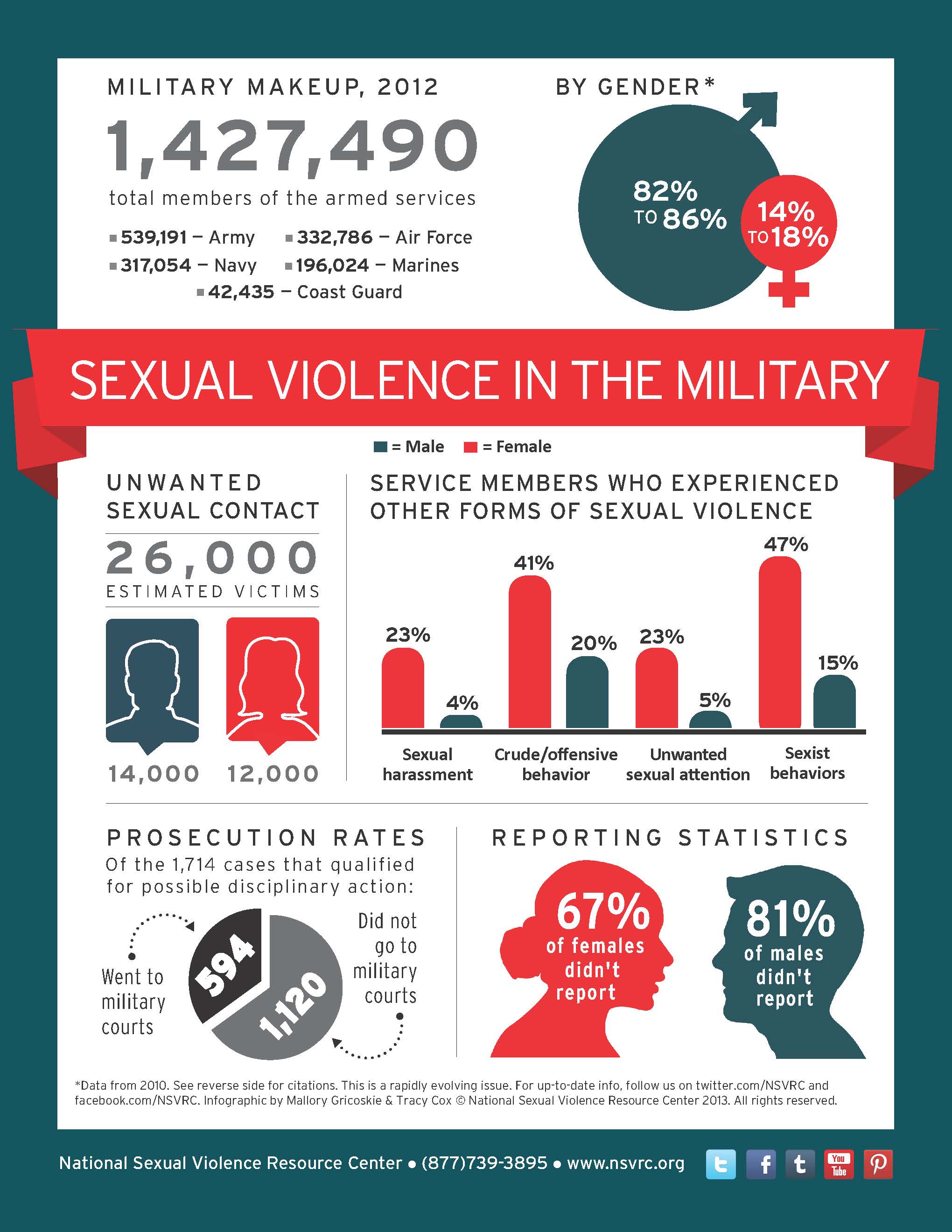
In India, members of the Dalit community are targeted, by members of dominant castes, for a range of human rights abuses. These crimes, which include gang rapes, killings and the destruction of their homes, often go uninvestigated by the police because of discriminatory attitudes which do not take crimes against Dalits seriously.Īmnesty International has also documented widespread discrimination faced by millions of Roma in Europe, including the threat of forced evictions, police harassment and the segregation of Roma children in school.
#South struggles root out sexual assaults full#
Racism affects virtually every country in the world. It systematically denies people their full human rights just because of their colour, race, ethnicity, descent (including caste) or national origin. Racism unchecked can fuel large-scale atrocities such as the 1994 genocide in Rwanda and more recently, apartheid and ethnic cleansing of the Rohingya people in Myanmar. SOME KEY FORMS OF DISCRIMINATION Racial and ethnic discrimination

Certain groups can even be viewed by the authorities as more likely to be criminal simply for who they are, such as being poor, indigenous or black.


Some governments try to reinforce their power and the status quo by openly justifying discrimination in the name of morality, religion or ideology. Discrimination can be cemented in national law, even when it breaks international law – for example, the criminalization of abortion which denies women, girls and pregnant people the health services only they need. The politics of fear is driving people apart as leaders peddle toxic rhetoric, blaming certain groups of people for social or economic problems. Intolerance, hatred and discrimination is causing an ever-widening rift in societies. In many parts of the world, the politics of blame and fear is on the rise. This can lead to division, hatred and even the dehumanization of other people because they have a different identity. Working with communities across the world, we challenge discriminatory laws and practices to ensure all people can enjoy their rights on an equal basis.Īt the heart of all forms of discrimination is prejudice based on concepts of identity, and the need to identify with a certain group. Amnesty International’s work is rooted in the principle of non-discrimination. Yet all too often we hear heartbreaking stories of people who suffer cruelty simply for belonging to a “different” group from those in positions of privilege or power.ĭiscrimination occurs when a person is unable to enjoy his or her human rights or other legal rights on an equal basis with others because of an unjustified distinction made in policy, law or treatment. We all have the right to be treated equally, regardless of our race, ethnicity, nationality, class, caste, religion, belief, sex, gender, language, sexual orientation, gender identity, sex characteristics, age, health or other status. Discrimination is harmful and perpetuates inequality.

It is harming someone’s rights simply because of who they are or what they believe. Discrimination strikes at the very heart of being human.


 0 kommentar(er)
0 kommentar(er)
